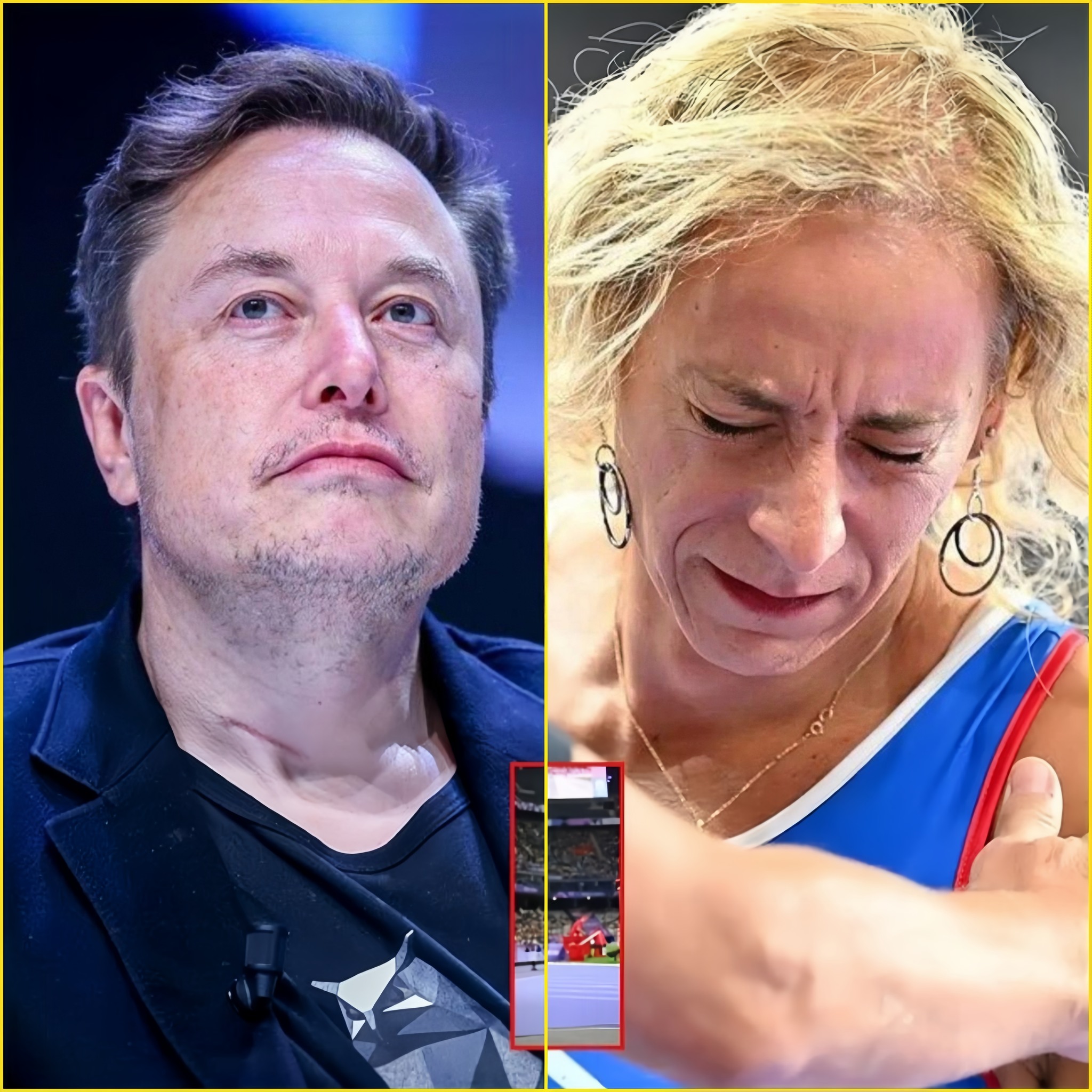New Breakthrough: Elon Musk’s Controversial Statement: Calling For A Boycott Of Biological Men In Women’s Sports Is Like.
In a move that has ignited a firestorm of debate, tech mogul Elon Musk has publicly called for a boycott of biological men participating in women’s sports. The statement, made during a recent interview, has drawn both fervent support and staunch criticism, thrusting Musk once again into the center of a contentious cultural issue.
Musk’s Statement and Its Implications
During the interview, Musk addressed the growing controversy surrounding transgender athletes in women’s sports. “It’s not fair,” Musk stated. “We need to protect the integrity of women’s sports. Biological men should not compete in categories meant for biological women.” His remarks were direct and unapologetic, echoing sentiments shared by a growing number of athletes, coaches, and sports enthusiasts who argue that allowing transgender women to compete in women’s categories creates an uneven playing field.
Musk’s comments come at a time when the debate over transgender inclusion in sports has reached a boiling point. Advocates for transgender rights argue that sports should be inclusive and affirming for all individuals, regardless of gender identity. However, opponents cite concerns about fairness and safety, particularly in contact sports where physical advantages could pose risks
.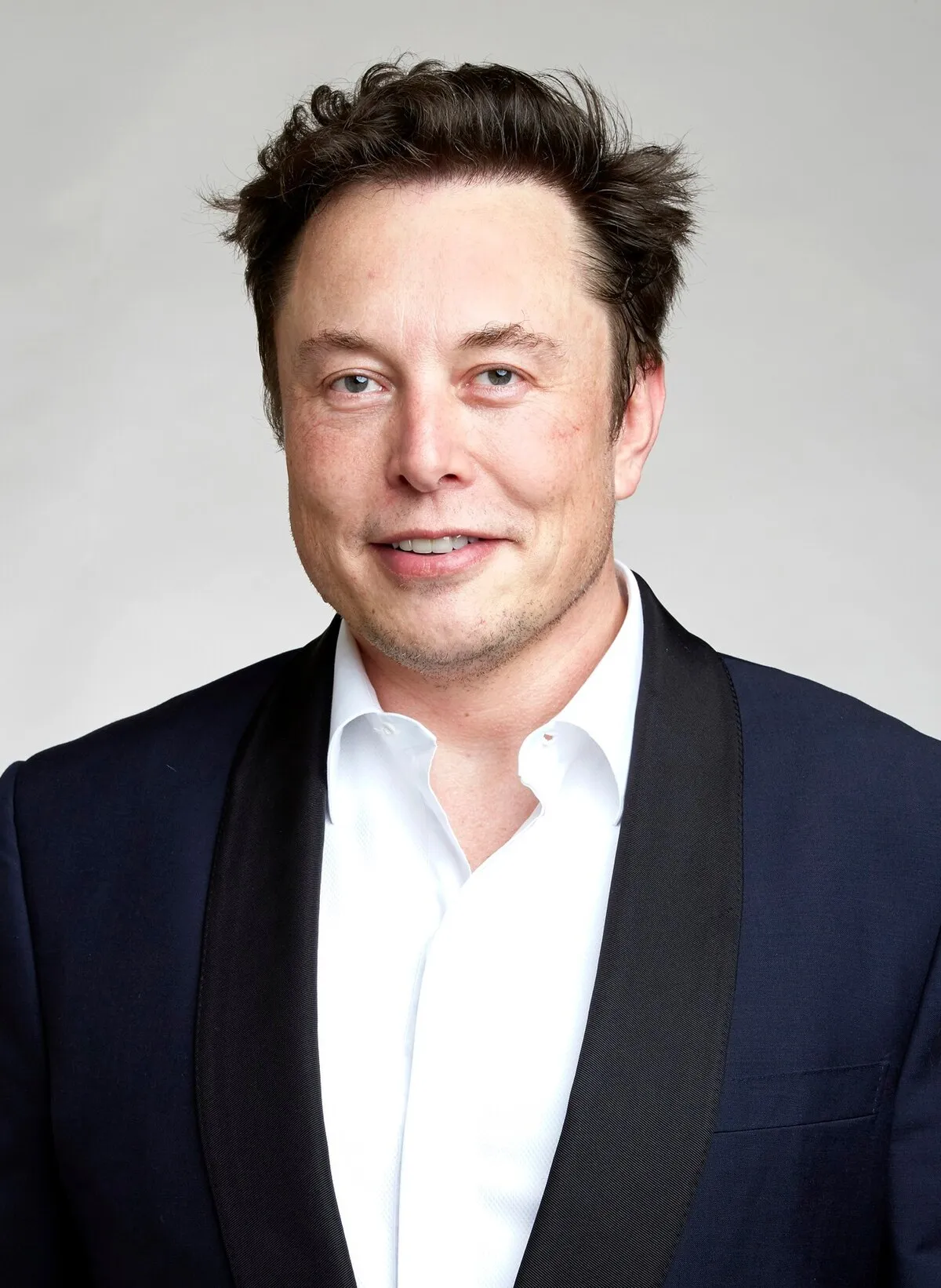
Reactions From Supporters
Supporters of Musk’s stance have praised him for speaking out on what they see as a critical issue. Many took to social media to express their agreement, with hashtags like #ProtectWomensSports and #FairPlay trending within hours of the interview’s release.
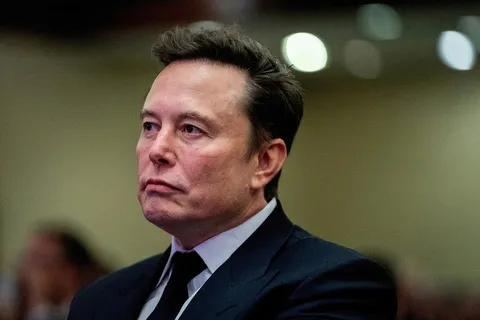
“Elon Musk is saying what so many of us are afraid to say out loud,” tweeted a prominent women’s rights advocate. “It’s not about hate or exclusion; it’s about fairness and ensuring women’s sports remain a level playing field.”
Professional athletes have also weighed in, with some expressing gratitude for Musk’s boldness. Martina Navratilova, a tennis legend and outspoken advocate for fairness in sports, echoed Musk’s sentiments. “We need to have an honest conversation about this,” she wrote. “Thank you, Elon, for not shying away from the truth.”
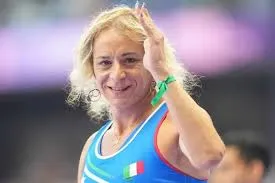
Backlash and Criticism
However, Musk’s statement has also sparked intense backlash. LGBTQ+ advocacy groups and allies have condemned his remarks as transphobic and harmful. Critics argue that Musk’s position perpetuates stereotypes and undermines the rights of transgender individuals to participate fully in society.
“Elon Musk’s comments are deeply disappointing,” said a spokesperson for a leading transgender rights organization. “Transgender women are women, and they deserve the same opportunities as anyone else. This kind of rhetoric only serves to divide and marginalize.”

Prominent figures in the tech world have also weighed in, with some questioning whether Musk’s involvement in such a polarizing issue could impact his business ventures. “Elon should stick to rockets and electric cars,” one tech entrepreneur quipped on Twitter. “This isn’t his lane.”
The Broader Context
The controversy over transgender athletes in sports is not new, but Musk’s high-profile involvement has brought renewed attention to the issue. In recent years, several high-profile cases have sparked debate, including the participation of transgender athletes in the Olympics and other international competitions. Policies vary widely across sports organizations, with some adopting strict criteria for inclusion and others taking a more lenient approach.
The science behind the issue is complex. Critics of transgender inclusion often point to biological differences, such as muscle mass and bone density, as factors that can give transgender women an advantage over cisgender women. Proponents counter that hormone therapy and other medical interventions can mitigate these differences, and they emphasize the importance of inclusivity and respect for gender identity.
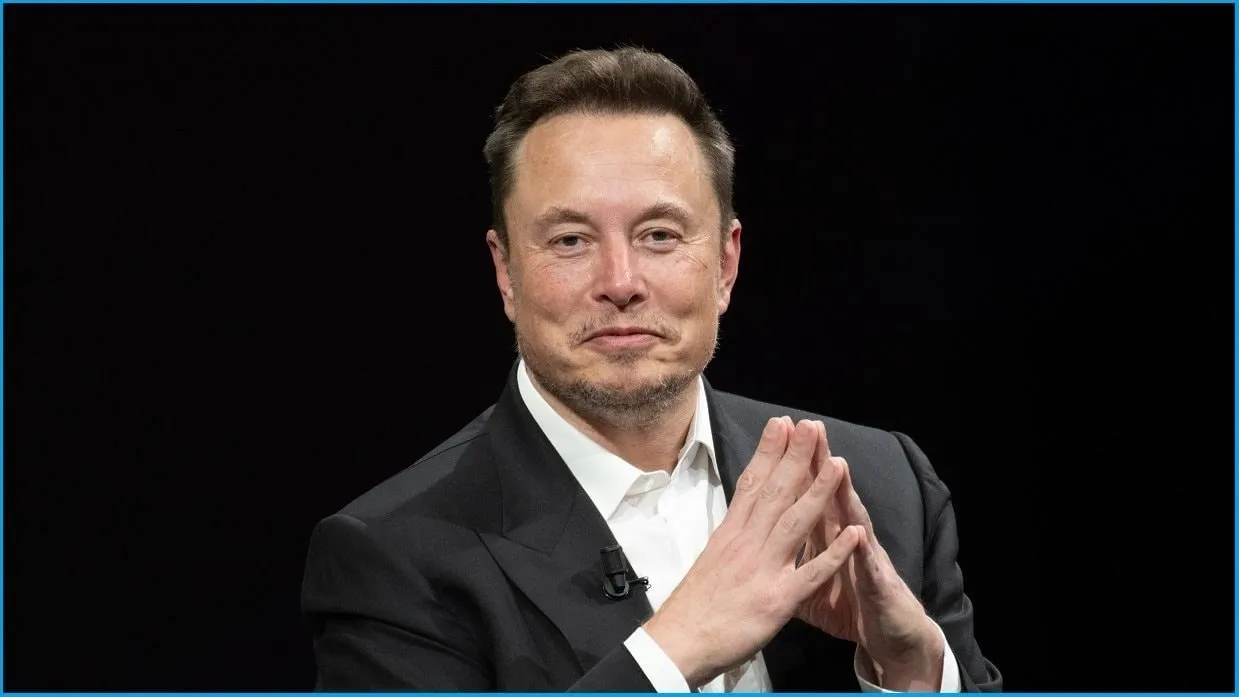
5 interesting Christmas traditions around the world
5 interesting Christmas traditions around the world
The Global Tapestry of Christmas Traditions
Christmas is a time of celebration, joy, and traditions. While the core essence of the holiday remains the same — commemorating the birth of Jesus Christ — the way it’s observed varies widely across the globe. Each culture weaves its unique thread into the global tapestry of Christmas traditions, offering a diverse and intriguing array of customs and celebrations. In this blog post, we’ll explore five of the most interesting Christmas traditions from around the world, showcasing the richness of our global heritage.
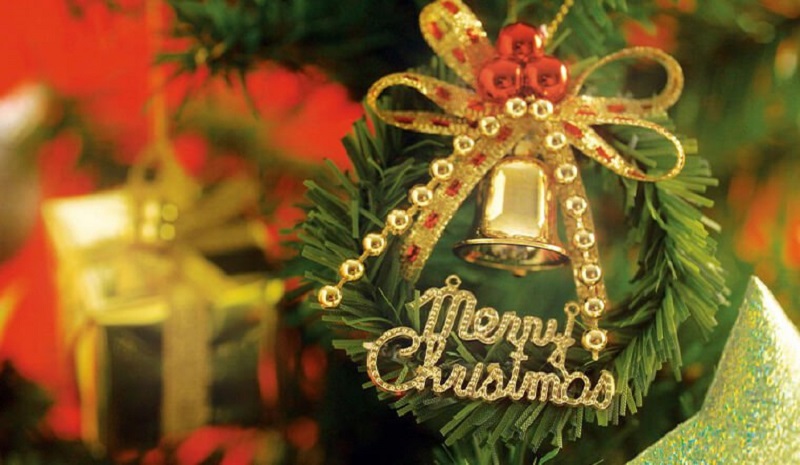
1. La Befana in Italy: The Christmas Witch
In Italy, children look forward to not just Santa Claus but also a magical and slightly unconventional visitor called La Befana. On the night of January 5th, La Befana, an old witch-like character, flies on her broomstick, delivering gifts and sweets to children across the country. This tradition stems from the tale of the three wise men seeking the birth of Jesus and asking La Befana for directions. While she couldn’t help them find the baby, she continues to bring gifts to children every year.
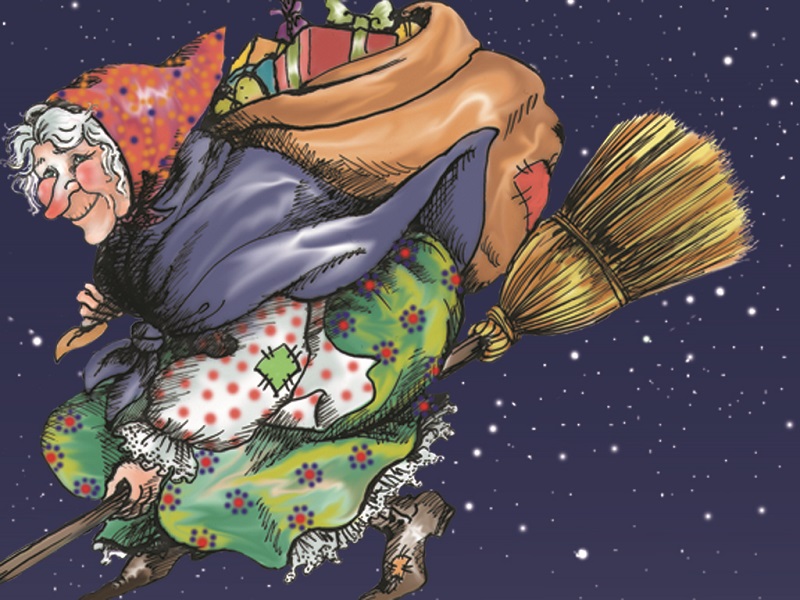
2. Nochebuena in the Philippines: A Feast of Family
In the Philippines, Christmas Eve, or “Nochebuena,” is a night dedicated to family, food, and festivity. This cherished tradition brings extended families together for a sumptuous midnight feast. Tables are adorned with a variety of dishes, including “lechon” (roast pig), “bibingka” (rice cake), and “puto bumbong” (purple rice cake). Family members exchange gifts and attend “Simbang Gabi,” a series of nine dawn masses, as a spiritual preparation for Christmas.

3. Krampusnacht in Austria: Santa’s Sinister Companion
Austria’s Christmas tradition adds a unique twist to the holiday season. On the night of December 5th, Krampusnacht is celebrated with people dressing up as Krampus, a sinister companion of Saint Nicholas. Krampus is depicted as a devilish figure who punishes misbehaving children with a switch or by stuffing them into a sack. This spooky yet beloved tradition reminds children to be on their best behavior during the holiday season.

4. KFC in Japan: Christmas with Colonel Sanders
In Japan, Christmas is a unique blend of Western and Japanese traditions. One particularly quirky tradition is the custom of enjoying Kentucky Fried Chicken (KFC) on Christmas Eve. This unlikely association began in the 1970s when KFC launched a successful marketing campaign featuring Colonel Sanders as Santa Claus. Now, it’s become a popular annual event, with people reserving their KFC meals months in advance.
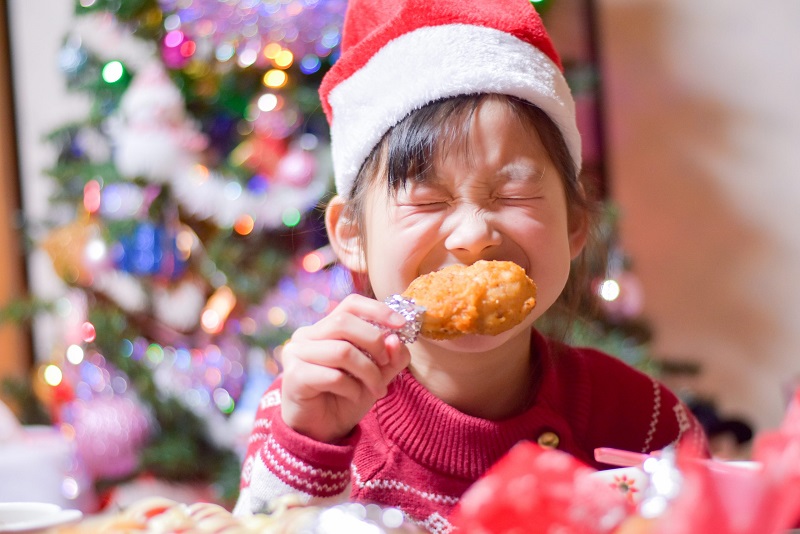
5. Giant Lantern Festival (Philippines):
The Giant Lantern Festival, locally known as “Ligligan Parul,” takes place in San Fernando, Pampanga, in the Philippines. This event showcases enormous and intricate lanterns made by skilled craftsmen and artists. Each lantern is often adorned with thousands of lights, and the festival draws crowds from all over the country. The competition for the most beautiful and extravagant lantern has become a significant part of the Filipino Christmas tradition.
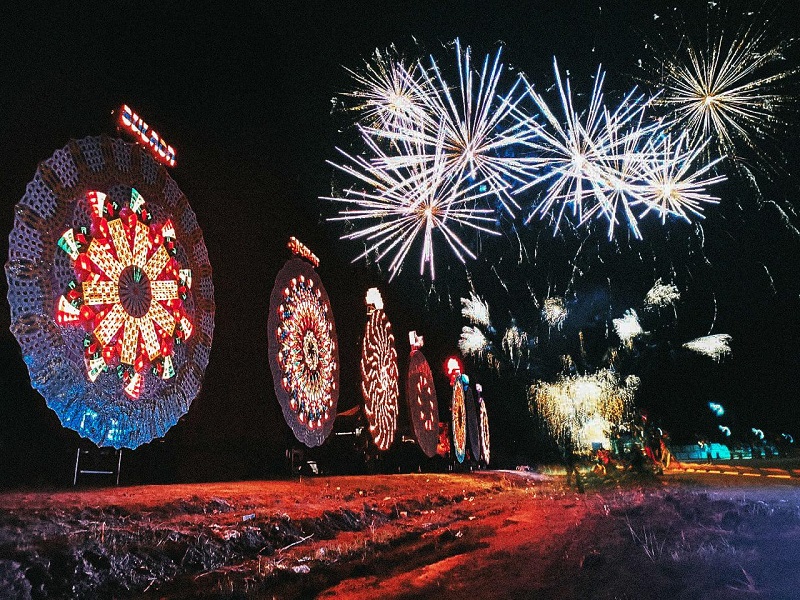
A Global Celebration of Christmas
These five Christmas traditions from around the world are just a glimpse into the rich tapestry of celebrations that take place during this festive season. From Italy’s Christmas witch to the Philippines’ family feasts, Austria’s Krampusnacht, Japan’s KFC dinners, and Spain’s playful pranks, each tradition offers a unique perspective on the holiday.
Christmas transcends borders and unites people worldwide in the spirit of joy, togetherness, and goodwill. As we celebrate the birth of Jesus Christ, it’s heartening to know that we also celebrate the diversity of our global traditions and the common thread of love, compassion, and celebration that runs through them all.
We will reveal more interesting things about Christmas in the next articles, please follow and wait for us!
